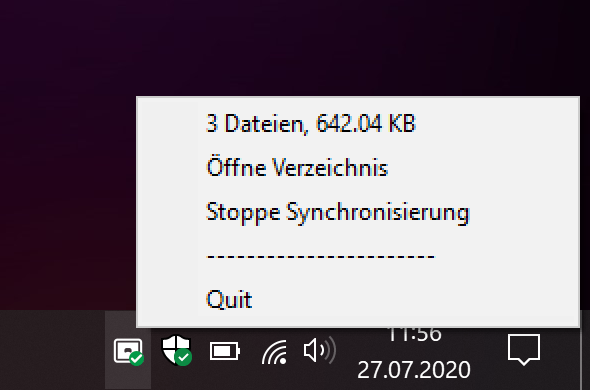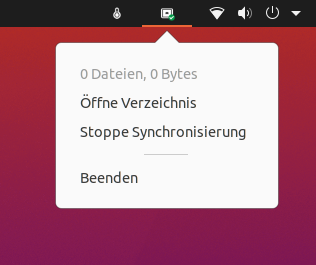The paradigm of synchronizing a single directory between devices, as popularized by Dropbox, is something I have come to appreciate. When I was untangling myself from third-party cloud services, I needed a self-hosted replacement. I tried a few and spent the longest time with Seafile out of all of them, but there were always small things that bugged me.
I wanted to run the software on my Raspberry Pi at home, for which full disk encryption is not viable, so I wanted something that would encrypt files in such a way that the server’s storage does not need to be trusted, and keep as much other information secret from the server as possible too. At the same time, a central server was needed because I wanted the system to synchronize even if only one of the clients was powered on at a time. Another goal was the use of HTTP(S) as a transport protocol to ensure compatibility with restrictive public and corporate networks. Lastly it needed to run on Linux and Windows desktops.

